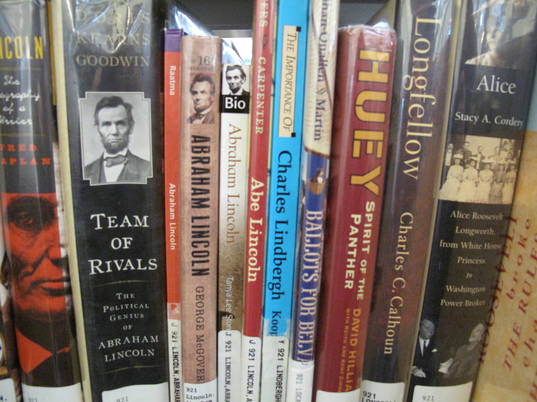When an old man dies, a library burns to the ground

Just as libraries connect the past and the present to the future, oral histories of a community’s elders extend the legacies of these individuals to generations yet unborn. They are a source of wisdom and experience that need not be lost when they are no longer with us.
Dennis Sparks/Contributor
I recently read that Canada’s last surviving veteran of World War I had died at age 109. Noticing the passing of this historic figure was not a chance occurrence for me because for decades I’ve been a regular reader of obituaries. I read them not so much to find out who has died or whether they are younger than me, but to appreciate and learn from the mini-biographies they offer and the social history they provide, particularly obituaries that appear in publications like the New York Times.
For example, recent issues of the Times included obituaries for a “writer in the window” who posted aphoristic responses to questions passersby taped to storefront windows behind which she sat, a 99 year old who had been the force behind New York City’s 1978 pooper-scooper law, and the savior of Jugtown Pottery in the Piedmont hills of North Carolina who the National Endowment for the Arts declared a “national treasure.”
Bruce Weber, an obituary writer for the Times,
“When an old man dies, a library burns to the ground,” an African proverb tells us. Old men, old women, and even younger adults and children have much to teach us about life and about ourselves if we provide venues through which their wisdom and experiences can be shared.
Extend legacies through oral histories
Even better than good eulogies are remembrances that celebrate the “lives that have been lived” of those who are still with us. For instance, years ago I accompanied a friend to visit her father who lived on the memory care unit of a nursing home. I noticed brief biographies with photographs posted on room doors that described residents’ family lives, professions and accomplishments, and that reminded staff and visitors alike of each person’s uniqueness and humanity.
In 1996, William R. Ferris, then Chairman of the National Endowment for the Humanities, suggested establishing oral history projects in every American community. “If we tape a single hour of conversation with a grandparent, think what a legacy their voice will be for the grandchildren . . . ,” he wrote. “[W]e must encourage our students to be writers, historians, and teachers. We must educate students to understand the culture into which they are born and teach them to drink from its rich waters as they educate future generations of Americans.”
Perhaps local service and nonprofit organizations or schools could prepare students to collect and preserve oral histories of family and community elders so that the libraries they represent would be recognized and celebrated in their presence. Such histories could be available in print and/or digital forms with audio and video files available on a Web site for easy access by families and the larger community.
If students from the 10 Washtenaw County public schools districts contributed just 10 oral histories per district each year to an online repository, 100 or more such histories would be captured annually, a process that would enrich the lives of both young people and the elders they interviewed. Perhaps such oral history projects already exist in a few local school and college classrooms and could be spread to public and private schools alike throughout the county. I cannot think of a better way for young people to drink from the rich waters of our diverse and common heritages.
Dennis Sparks’ “Things Observed” photos and essays encourage readers to see familiar things in new ways. You can also read his blog on school leadership and contact him at dennis.sparks@comcast.net.


Comments
Mary Bilyeu
Tue, Mar 9, 2010 : 3:41 p.m.
Have you read "52 McGs" -- a collection of NYT obituaries by their late, great writer Robert McG. Thomas? One of the best books I've ever read, a collection of stories about some of the most intriguing people....
carol
Sun, Mar 7, 2010 : 9:07 a.m.
Oral history projects are an excellent idea for schools and local organizations. I believe there is a great connection in empathy--acknowledging our heritage (through recorded conversations and dialogue of family members and relatives)--in return for clarity in the present. You have revealed a treasure that few take advantage of--or wait to long to do so (ie--after the death of a close family member).
MIKE
Sun, Mar 7, 2010 : 7:51 a.m.
Writing a memoir is a way to pass along to descendants an understanding of the past. Mike